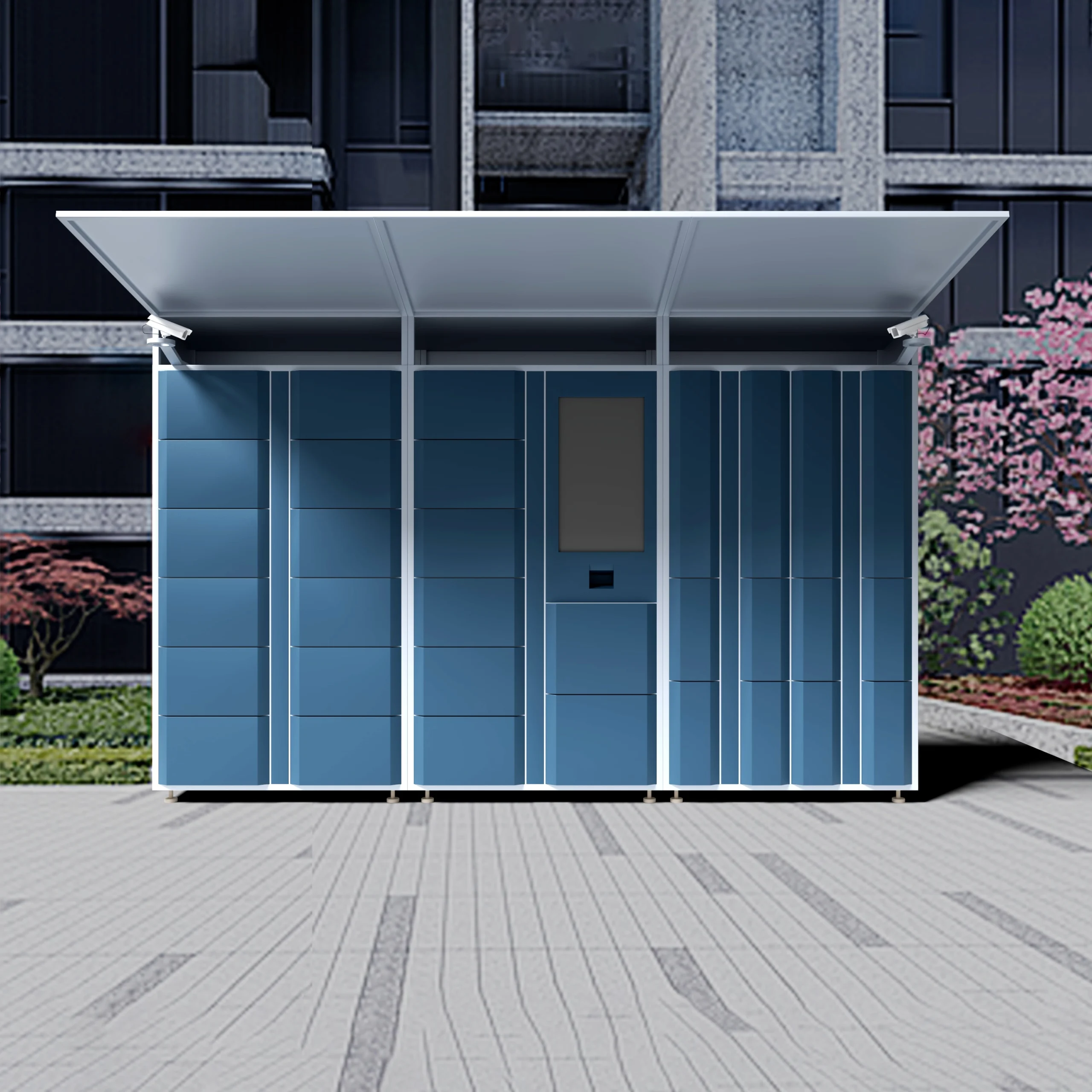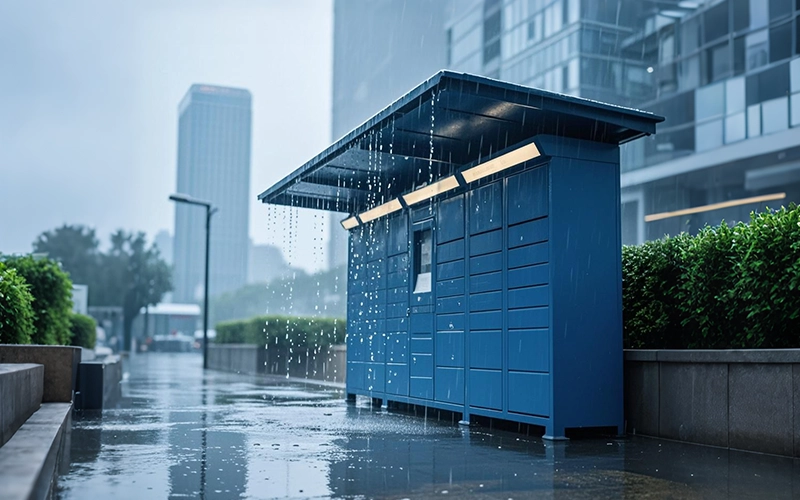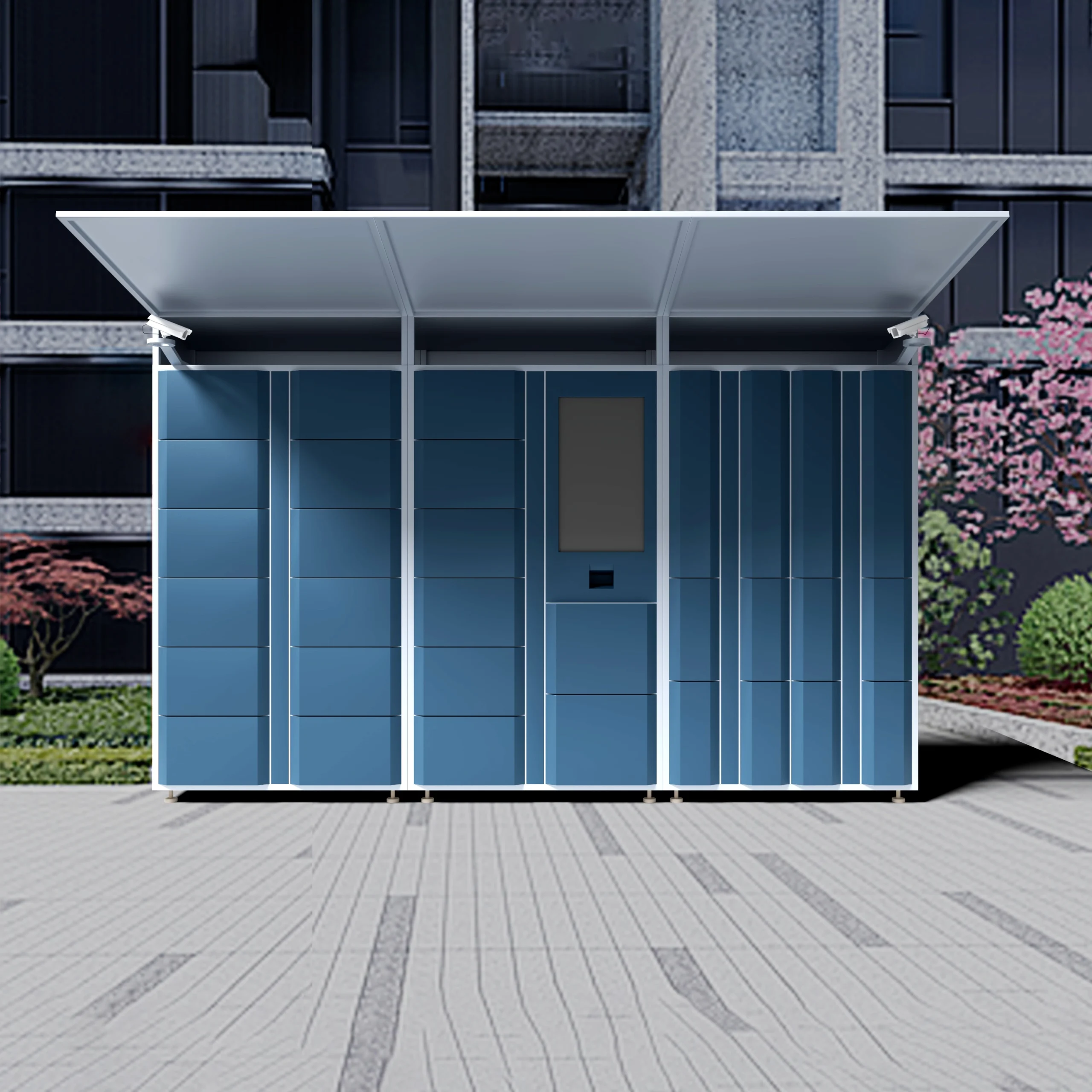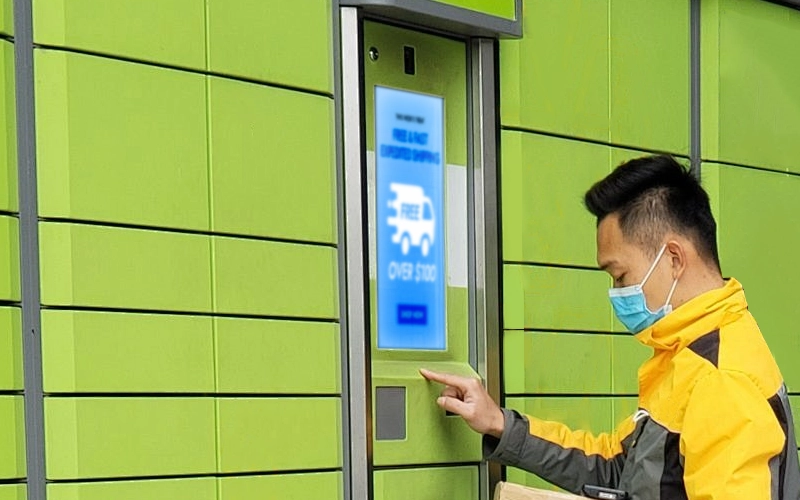
In the fast-paced world of global e-commerce, last mile delivery has become one of the most crucial—and most complex—stages in the logistics chain. From rising customer expectations to urban congestion, companies are under pressure to provide fast, reliable, and cost-effective delivery. In this article, we explore the evolution of last mile delivery, key challenges faced by logistics providers, and how smart locker systems are transforming the final mile.
What Is Last Mile Delivery?
Last mile delivery refers to the final step of the shipping process, where a parcel is transported from a distribution hub to the end customer. This phase directly affects customer satisfaction, as it’s the most visible and personal part of the delivery experience.
Whether it’s a package delivered to your front door or picked up from a smart locker in your apartment complex, the efficiency of this stage shapes a customer’s perception of the entire shopping journey.
The Challenges of Last Mile Logistics
Despite technological advancements, the last mile remains one of the most costly and inefficient parts of the supply chain. According to industry estimates, the final mile can account for over 50% of total shipping costs. Here’s why:
- Urban Congestion: Delivery trucks face traffic delays and limited parking in city centers.
- Failed Deliveries: Missed deliveries due to absent recipients increase operational costs.
- High Expectations: Same-day and next-day delivery demands add pressure on resources.
- Rising Costs: Fuel, labor, and warehousing costs continue to climb globally.
- Sustainability Demands: More consumers want eco-friendly options, challenging traditional delivery methods.
The Shift Toward Smart Last Mile Solutions
To overcome these hurdles, logistics providers and retailers are turning to innovative last mile delivery solutions, including:
- Route optimization software
- Electric delivery vehicles
- Crowdsourced delivery networks
- Smart parcel lockers
Among these, smart lockers are gaining attention as a highly scalable and sustainable solution.
Smart Lockers: Redefining the Last Mile
Smart lockers are automated, secure storage units placed in strategic locations like residential complexes, office buildings, train stations, and supermarkets. Here’s how they are reshaping last mile logistics:
✅ 1. Convenience for Customers
Customers can collect parcels 24/7, eliminating the need to wait at home for deliveries.
✅ 2. Reduced Delivery Failures
Packages are delivered once to the locker, reducing failed attempts and rescheduling.
✅ 3. Lower Costs for Couriers
Delivery personnel can drop multiple packages in one location, saving time and fuel.
✅ 4. Eco-Friendly Impact
Fewer delivery routes mean reduced carbon emissions and a more sustainable process.
✅ 5. Enhanced Security
Smart lockers are equipped with CCTV, secure codes, and user authentication to ensure safe parcel collection.
Smart Lockers in Action: Urban Integration
Cities around the world are investing in smart urban infrastructure to support last mile delivery. For example:
- In Europe, postal services are partnering with smart locker providers to improve urban logistics.
- In the U.S., e-commerce retailers are integrating branded locker systems into shopping malls and convenience stores.
- In Asia, high-rise buildings and campuses are adopting smart lockers to manage daily package volumes.
What’s Next for the Last Mile?
The future of last mile delivery lies in automation, flexibility, and customer empowerment. As consumer habits continue to evolve, solutions like smart lockers will become a standard part of delivery ecosystems, particularly in densely populated and high-demand areas.
Retailers, logistics companies, and even real estate developers are now investing in locker systems to stay competitive, reduce costs, and offer better user experiences.
Conclusion
Last mile delivery is no longer just the final step—it’s the most critical link in the e-commerce supply chain. By integrating smart locker technology, businesses can navigate urban challenges, cut operational costs, and deliver a smoother, more satisfying experience to customers.
As demand continues to rise, now is the time to embrace smart last mile solutions that scale with growth and support sustainable logistics.



